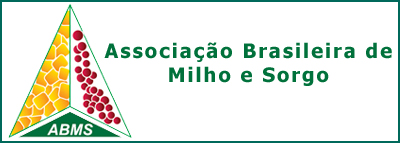NATURAL CONTROL OF Helicoverpa armigera (LEPIDOPTERA: NOCTUIDAE) PUPAE IN ORGANIC AND CONVENTIONAL MAIZE CROPS
Keywords:
biological control, edaphic fauna, conservation, Helicoverpa armigera, environmental servicesAbstract
The natural biological control of soil pests is poorly studied. Notably, the control of Helicoverpa armigera in the pupae stage is unknown. To increase knowledge about the control of this pest in organic and conventional maize crop, tests were conducted to verify if the duration of pupae availability in days, the type of crop treatment (organic and conventional), the stage of crop development, and the depth of the soil significantly affect predation by natural enemies. The pupae
availability time (days) in the soil did not affect their removal by natural enemies. However, in the fallow stage, on the surface and in the reproductive phase, the predation was higher. In organic maize, predation was 15% higher when compared to conventional maize. The rupture of the soil and the possible losses associated with beneficial fauna were the main factors responsible for higher predation during fallow, so conservationist practices usually used in organic treatment are the main reason for higher predation in this type of crop. There is a significant decrease in the control of H. armigera pests by natural enemies when maize is grown using conventional practices, what reinforces the importance of the conservation techniques used in maize crops.
Downloads
Published
How to Cite
Issue
Section
License
Authors retain copyright and grant the journal right of first publication with the work simultaneously licensed under the Creative Commons Attribution License that allows the sharing of work and recognition of the work of authorship and initial publication in this journal.
Authors are able to take on additional contracts separately for non-exclusive distribution of the version of the paper published in this journal (eg, in an institutional repository or publish as a book), with acknowledgment of its initial publication in this journal.
Authors are permitted and encouraged to post their work online (eg, in institutional repositories or on their website) at any point before or during the editorial process, as this may leadto productive exchanges, as well as increase the impact and citation of published work.



